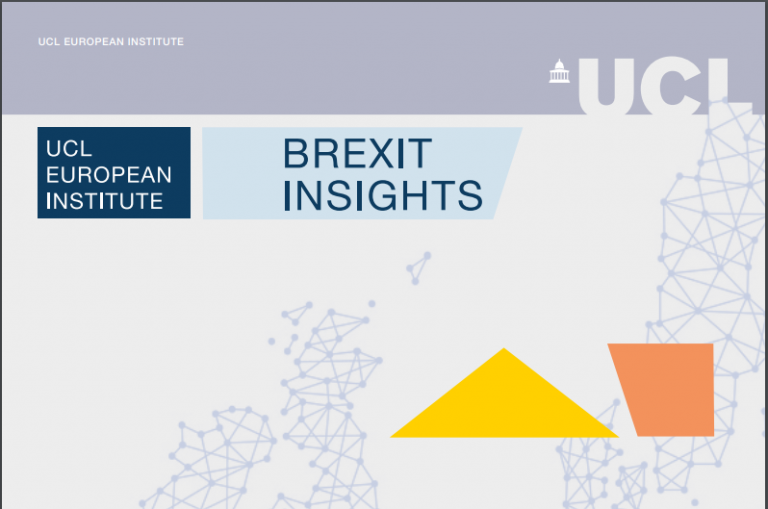EU-UK Data Flows, Brexit and No-Deal: Adequacy or Disarray?
23 August 2019
What are EU-UK data flows and why are they important? How does data flow between the EU and third countries? Will the UK get an adequacy decision? What does no-deal mean for data flows?

Oliver Patel, UCL European Institute, and Dr Nathan Lea, the UCL Institute of Health Informatics, co-authored a paper addressing data flows between the EU and the UK, focusing on the economic sphere.
Data flows freely between the EU and the UK, and it has done since the emergence of the modern internet and digital economy. The free flow of data within the EU is enabled by harmonised data protection rules and common systems of regulatory enforcement. EU Member States also have shared arrangements for data flows with non-EU (i.e. third) countries.
Given that data has always flowed freely, it is difficult to predict the impact of disruption to EU-UK data flows. However, over the long term, preventing this free flow could lead to the UK being less attractive to investors and thus generate negative knock-on effects for the economy at large.
This paper outlines the EU’s legal and policy approach to data protection, giving an overview of the GDPR and the EU data governance framework. It then gives an overview of EU-third country data relationships, including the EEA, adequacy decisions, partial adequacy and countries with no formal arrangement. Finally, it places the post-Brexit UK in this context, assessing whether or not the UK is likely to get an EU adequacy decision, and what it means for the economy if it does not.
To read the full paper visit the UCL European Institute's website.
 Close
Close

